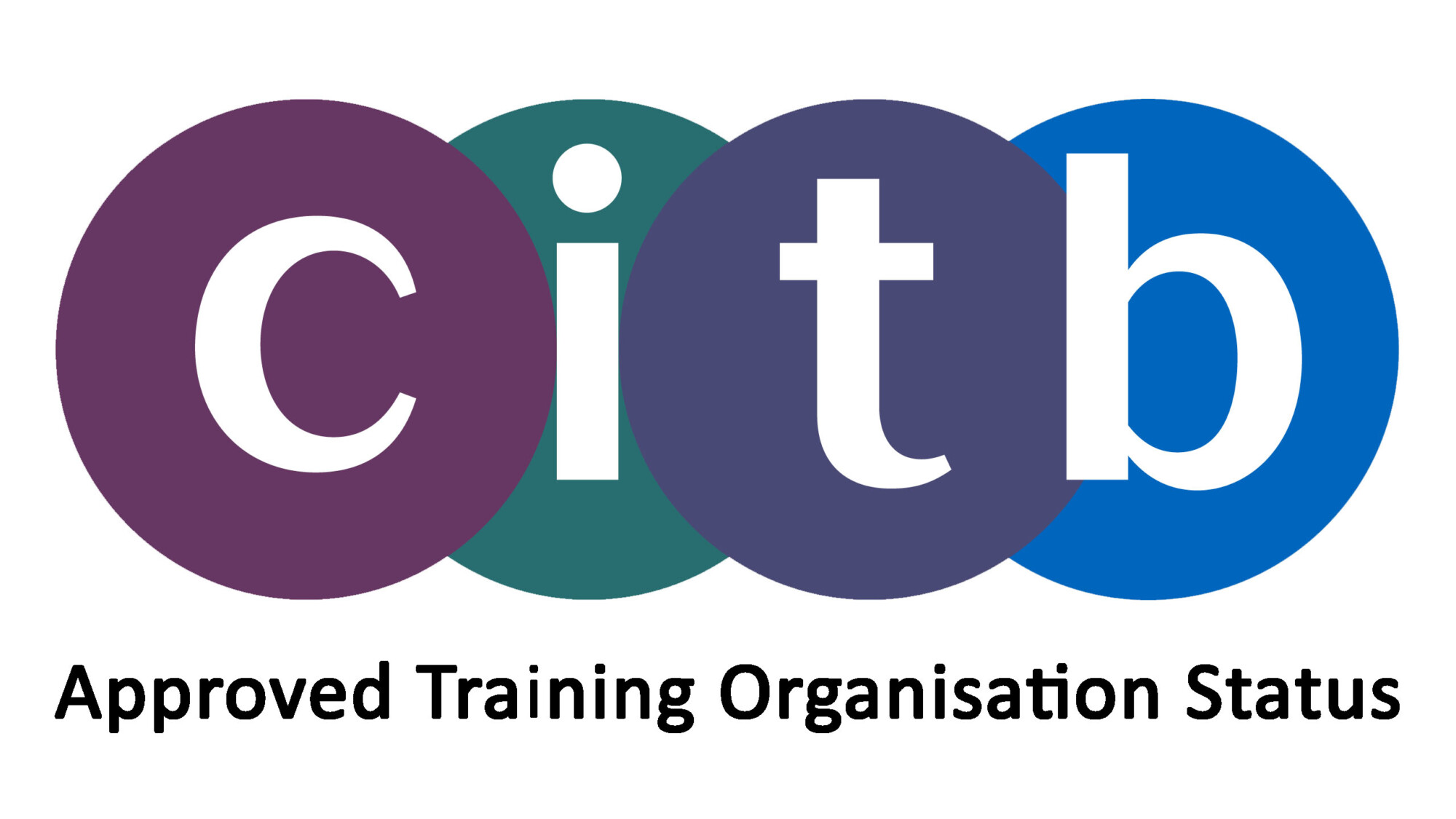Overview
By identifying the different personality types and how to deal with them effectively, it provides the skills necessary for dealing with challenging people and conflict situations. It particularly helps a manager when they have to tackle poor performance or absence conversations – from an informal conversation through to a formal meeting. Delegates are provided with practical techniques to help them manage a wide variety of potentially confrontational conversations and situations confidently and effectively.
Objectives
- Understand classic characteristics of challenging conversations, people or situations and strategies for managing each.
- Pre-empt difficult situations and avoid escalating them further.
- Recognise personality types with which you may personally feel challenged.
- Mastering proactive, assertive conversations.
- Manage aggressive behaviour.
- Calm angry, upset and unresponsive individuals.
- Strengthen your ability to influence and negotiate.
N.B. Prior to the course delegates will be asked to complete a pre-training form that will enable us to tailor the course further.
Content
- The need for managing difficult conversations
- Understanding my natural preference towards difficult conversations- self assessment
- Understanding behaviour and its impacts
- What makes a situation/ individual challenging? Understanding difficult behaviour
- An Introduction to T. A and the psychology behind communication
- How to turn a negative person or situation into a positive one
- Body language, voice, mirroring, environment layout etc
- Key communication strategies that help you deal effectively with difficult conversations
- Paraphrasing to avoid assumptions or misunderstandings
- Using feedback in both positive and negative contexts
- Empathy – practical activities
- Listening and questioning skills to get the true perception of the situation, show confidence and maintain control
- Three different behaviour types
- Clarifying the difference between aggressive, assertive and passive behaviour
- Recognising the effects of each type on oneself and others
- Dealing with difficult situations
- Situations that may arise – highlighting practical ways to deal with them
- Dealing in fact– not emotion
- Using positive language and a positive approach to influence outcomes
- Practical exercises based around real-life scenarios
- Action planning
- Summary and close
Interested in finding out more?
Call 0330 133 8190 or email hello@keystonetrainingltd.co.uk


